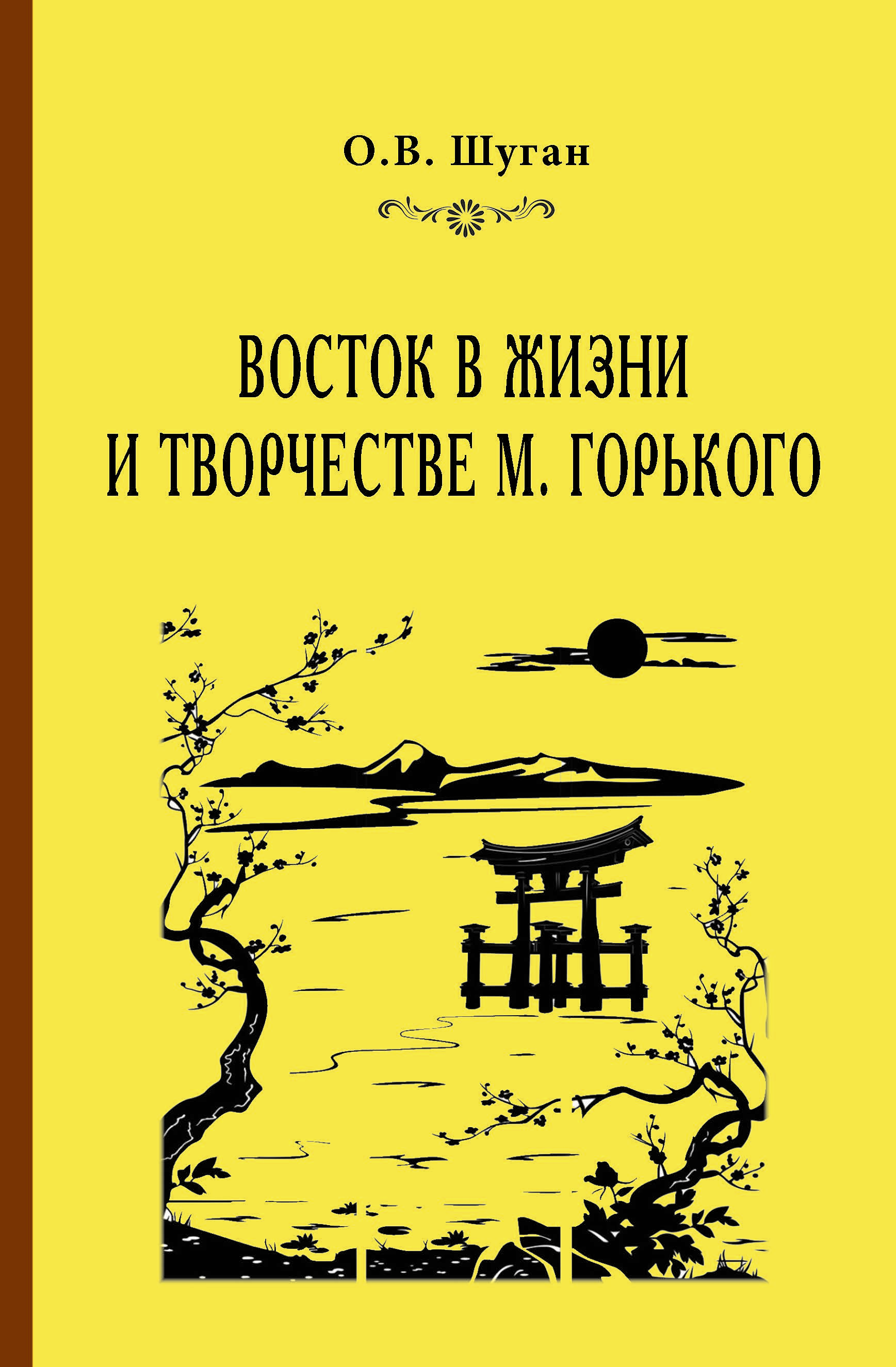Information about the author:
Olga V. Shugan
Olga V. Shugan, PhD in Philology, Senior Researcher, А.M. Gorky Institute of World Literature of the Russian Academy of Sciences, Povarskaya 25 а, 121069 Moscow, Russia.
ORCID ID: https://orcid.org/0000-0002-5885-2287
E-mail:
Abstract:
The monograph considers M. Gorky’s fascination with the East in the context of the ideological and philosophical searches of the Silver Age. For the first time Gorky’s attitude to such phenomena of the era as “Eurocentrism” and “Orientalism”, “Scythia” and Eurasianism is analyzed in details, the peculiarity of the Gorky’s understanding of the “East-West” antinomy is explored. A parallel is drawn between Gorky’s journalism (articles “Two Souls”, “On the Russian Peasantry”, etc.) and the fiction of the writer and his contemporaries. The concepts of “folding” and “deployment” of the image, and creation of hero-doubles are introduced, based on the analysis of Gorky’s works from the point of view of the struggle of the “two souls”. The essence of Gorky’s concept of “Asiatizm”, dialectically changing depending on historical conditions, is revealed. Gorky’s contradictory attitude to events taking place in Asia — the national liberation struggle and revolutions, discussion with G. Wells and R. Rolland — is analyzed. The monograph examines Gorky’s work in “World Literature” Publishing House, his work on publication of the classical heritage of China, Japan, India, Iran, etc., the publication of the “Vostok” magazine (1922–1925), the collection of oriental works of art stored in the A.M. Gorky Museum-Apartment in Moscow. The monograph is intended for specialists-philologists, historians, teachers of higher and secondary schools, as well as for a wide range of readers.
Keywords: “East-West” antinomy, A.M. Gorky, “asiatizm”, “Two Souls”, “Eurocentrism”, “Orientalism”.



